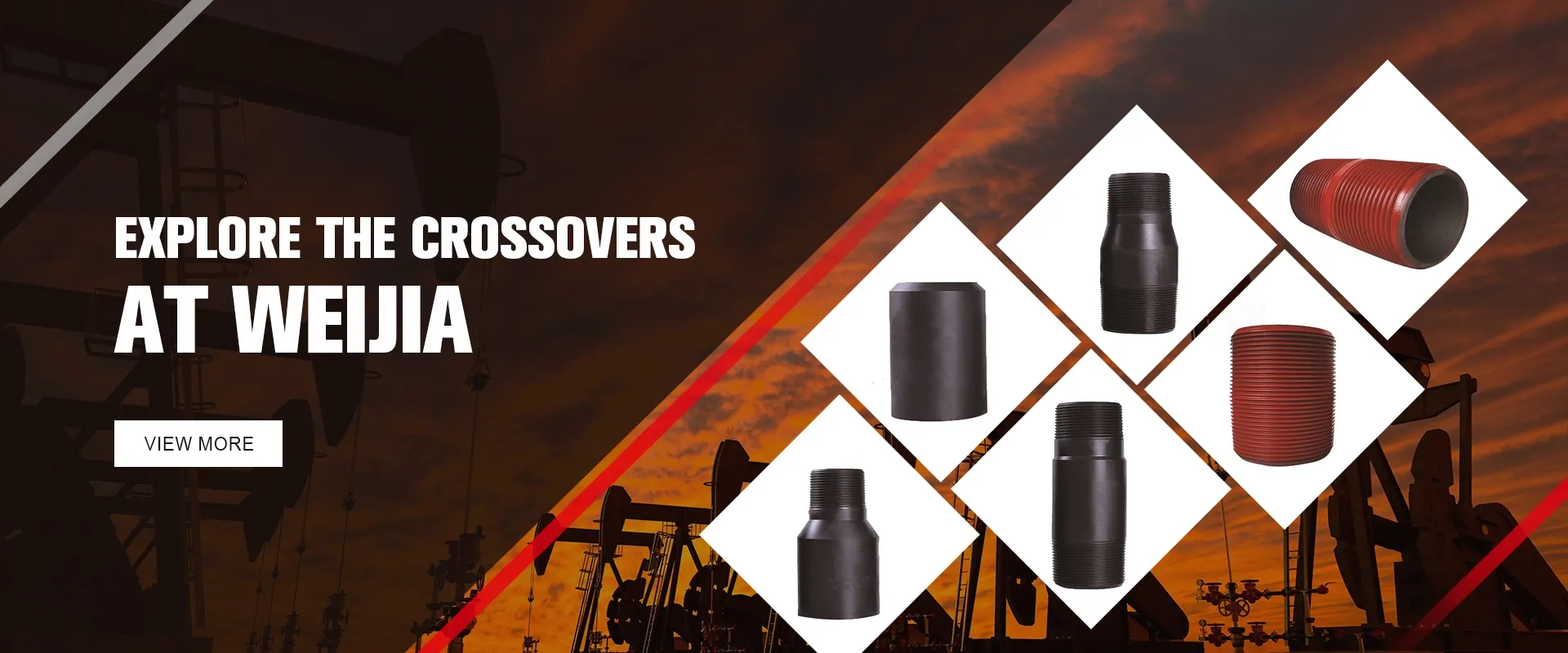- Afrikaans
- Albanian
- Amharic
- Arabic
- Armenian
- Azerbaijani
- Basque
- Belarusian
- Bengali
- Bosnian
- Bulgarian
- Catalan
- Cebuano
- Corsican
- Croatian
- Czech
- Danish
- Dutch
- English
- Esperanto
- Estonian
- Finnish
- French
- Frisian
- Galician
- Georgian
- German
- Greek
- Gujarati
- Haitian Creole
- hausa
- hawaiian
- Hebrew
- Hindi
- Miao
- Hungarian
- Icelandic
- igbo
- Indonesian
- irish
- Italian
- Japanese
- Javanese
- Kannada
- kazakh
- Khmer
- Rwandese
- Korean
- Kurdish
- Kyrgyz
- Lao
- Latin
- Latvian
- Lithuanian
- Luxembourgish
- Macedonian
- Malgashi
- Malay
- Malayalam
- Maltese
- Maori
- Marathi
- Mongolian
- Myanmar
- Nepali
- Norwegian
- Norwegian
- Occitan
- Pashto
- Persian
- Polish
- Portuguese
- Punjabi
- Romanian
- Russian
- Samoan
- Scottish Gaelic
- Serbian
- Sesotho
- Shona
- Sindhi
- Sinhala
- Slovak
- Slovenian
- Somali
- Spanish
- Sundanese
- Swahili
- Swedish
- Tagalog
- Tajik
- Tamil
- Tatar
- Telugu
- Thai
- Turkish
- Turkmen
- Ukrainian
- Urdu
- Uighur
- Uzbek
- Vietnamese
- Welsh
- Bantu
- Yiddish
- Yoruba
- Zulu
Well Casing Coupler Innovations for Enhanced Oil and Gas Well Integrity and Performance
Understanding Well Casing Couplers A Key Component in the Oil and Gas Industry
In the oil and gas industry, the integrity of wells is paramount for both safety and efficiency. One critical component that plays an essential role in ensuring this integrity is the well casing coupler. This article aims to elaborate on what well casing couplers are, their types, their applications, and the importance of their proper selection and installation in oil and gas operations.
What is a Well Casing Coupler?
A well casing coupler is a mechanical device used to connect two segments of casing pipes. Casing is a series of steel pipes that are inserted into a wellbore after drilling to stabilize the well and protect groundwater. The coupler allows for the seamless continuation of casing without compromising the well's integrity. Typically manufactured from high-strength materials like carbon steel or corrosion-resistant alloys, well casing couplers can endure the high-pressure environment found in oil and gas operations.
Types of Well Casing Couplers
There are several types of well casing couplers, each designed for specific applications
1. Threaded Couplers These feature external and internal threads that interlock the coupler with the casing pipes. They are commonly used because they provide a reliable joint that can withstand axial loads.
2. Welded Couplers In this type, the coupler is welded directly to the casing pipes. This creates a permanent bond that is typically stronger than threaded connections and is ideal for high-pressure environments.
3. Slip Couplers These couplers allow for some axial movement, making them suitable for applications where temperature fluctuations may cause expansion and contraction of the casing pipes.
4. Flanged Couplers Used in specialized applications, flanged couplers have a flange that allows for easy assembly and disassembly. They are often employed in locations where maintenance might be required.
Applications of Well Casing Couplers
Well casing couplers are crucial in various stages of oil and gas exploration and production
. They are primarily used inwell casing coupler

- Drilling As the drilling progresses, casing is added to stabilize the well. Couplers connect these casing sections securely. - Production During the production phase, couplers help maintain the structural integrity of the well, ensuring efficient hydrocarbon extraction.
- Workover Operations Couplers are essential when conducting repairs or enhancing production, as they facilitate the replacement or addition of casing pipes.
- Regulatory Compliance Properly installed casing couplers protect against leaks and environmental hazards, helping operators comply with safety regulations.
Importance of Proper Selection and Installation
Selecting the right type of well casing coupler and ensuring proper installation is crucial for several reasons
1. Safety An improper joint can lead to catastrophic failures, causing blowouts or environmental contamination. Safe operations rely on robust connections that can withstand the pressures and stresses of the subsurface environment.
2. Operational Efficiency High-quality couplers reduce the risk of leaks and failures, optimizing the flow of hydrocarbons and enhancing productivity.
3. Cost-Effectiveness While it might be tempting to opt for the cheapest coupler available, investing in quality materials can significantly reduce long-term costs associated with repairs, downtime, and environmental consequences.
4. Regulatory Compliance In many jurisdictions, regulations are in place regarding the integrity of well casing and connections. Non-compliance can lead to hefty fines and legal repercussions.
Conclusion
Well casing couplers are indispensable in the oil and gas industry, facilitating the safe and efficient operation of wells. Understanding the different types and their applications is essential for operators to ensure the longevity and safety of their drilling operations. The selection of proper couplers and careful installation can prevent operational failures and contribute to environmental protection. As the industry continues to evolve, innovations in coupler technology may further enhance well integrity and operational efficiency, underscoring the importance of this small yet vital component in the quest for energy.
-
Tubing Pup Joints: Essential Components for Oil and Gas OperationsNewsJul.10,2025
-
Pup Joints: Essential Components for Reliable Drilling OperationsNewsJul.10,2025
-
Pipe Couplings: Connecting Your World EfficientlyNewsJul.10,2025
-
Mastering Oilfield Operations with Quality Tubing and CasingNewsJul.10,2025
-
High-Quality Casing Couplings for Every NeedNewsJul.10,2025
-
Boost Your Drilling Efficiency with Premium Crossover Tools & Seating NipplesNewsJul.10,2025







